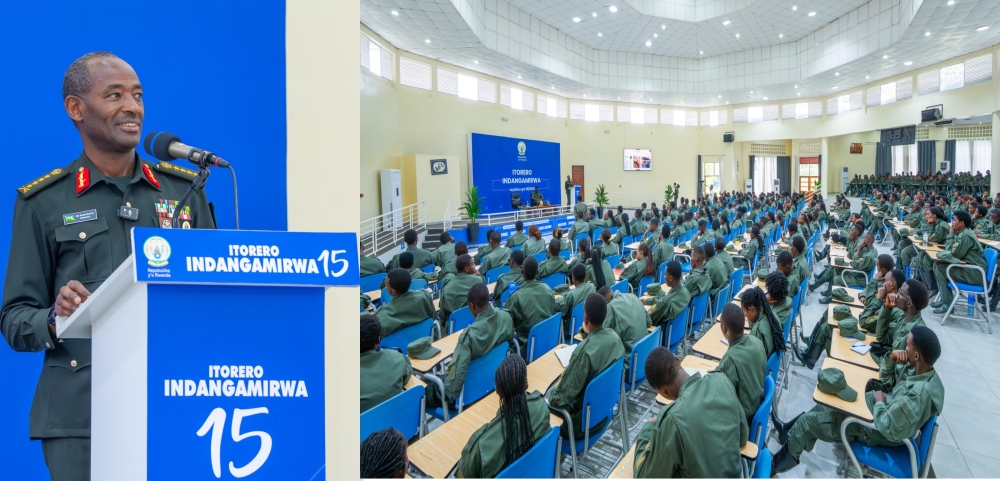The governor of the National Bank of Rwanda (BNR), Francois Kanimba has said that the convergence criteria for a single East African Community (EAC) currency ought to be flexible.

The governor of the National Bank of Rwanda (BNR), Francois Kanimba has said that the convergence criteria for a single East African Community (EAC) currency ought to be flexible.
The targets agreed on by the bank governors of the five EAC states for the realisation of a common currency and one central bank by 2012 are unlikely to be met, Kanimba explained in an interview on January 28.
The Monetary Affairs Committee (MAC) had agreed on an overall budget deficit to GDP ratio (excluding grants) of not more than 6 per cent and an overall budge deficit to GDP ratio (including grants) of not more than 3 per cent. They also agreed that the annual average inflation rate should not exceed 5 per cent.
Members had further agreed to the achievement and maintenance of stable real exchange rates, achievement and maintenance of market based interest rates, achievement of sustainable real GDP growth rate of not less than 7 per cent and national savings to GDP ratio of not less than 20 per cent.
Kanimba explained that in 2007 Rwanda’s budge deficit to GDP ratio excluding grants was 11.1 per cent. While inflation stood at 8 per cent. According to Kanimba the fiscal deficit to GDP of 6 per cent will be hardest to achieve.
"In Rwanda it will be a question of constraining capacity to raise funds from the international community.”
At a recent meeting in Kampala governors Emmanuel Tumusiime Mutebile of Uganda, Njuguna Ndung’u of Kenya, Benno Ndulu of Tanzania, Francois Kanimba of Rwanda and Gaspard Sindayigaya of Burundi decided that a comprehensive study ought to review the criteria.
A specialist is to be appointed to assess the preparedness of the five states. The consultant, who is not yet chosen, will work with of an expert from each of the five countries. The study will be completed within six months.
It will be decided if all criteria cannot be met whether sufficient progress will be enough to proceed with the single currency.
Kanimba explained that a single currency would enhance regional integration and growth potential in the EAC.
"At present regional trade is constrained by the five separate currencies,” said Kanimba. At this stage the name of the common currency is not known.
Ends




